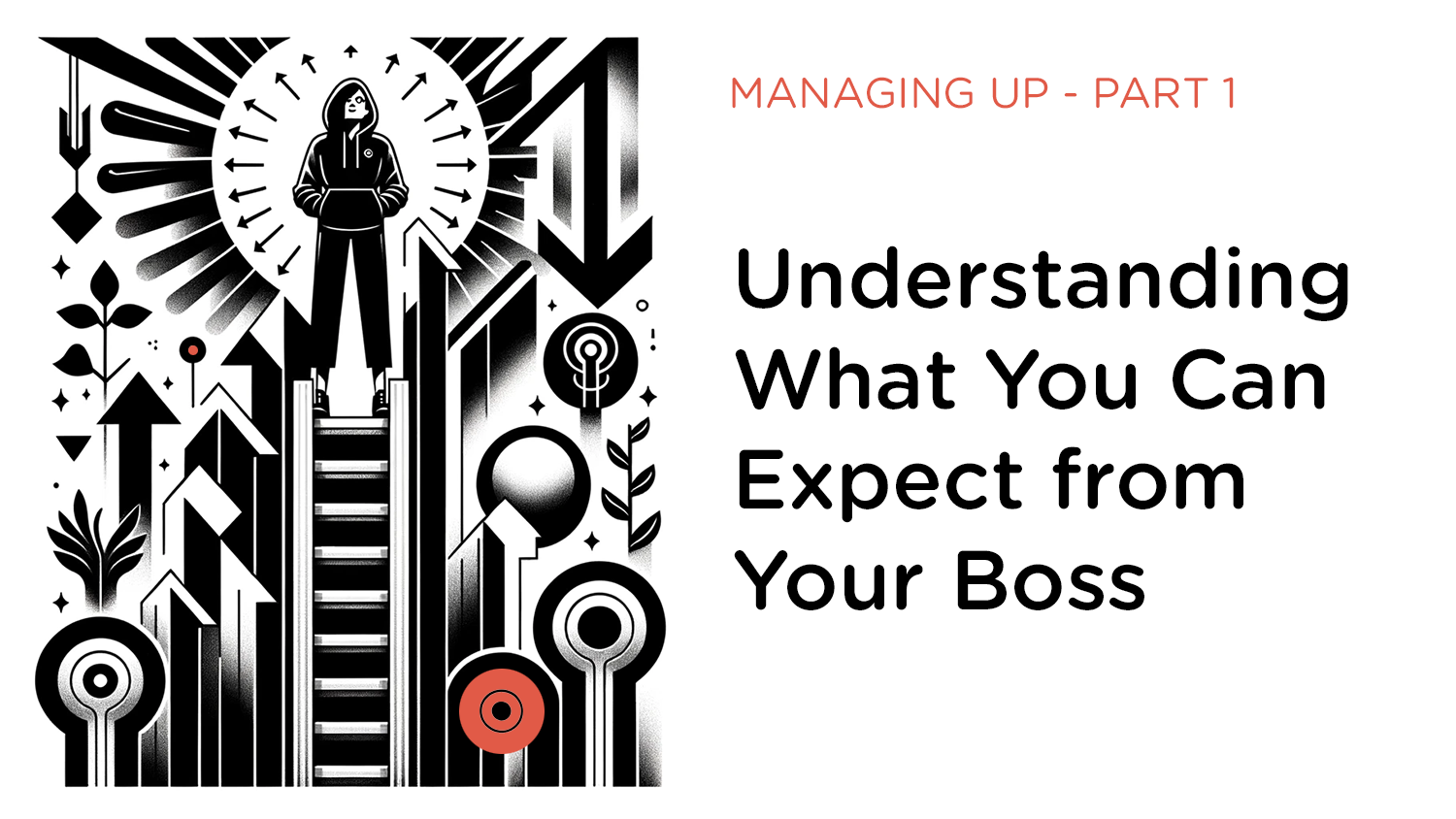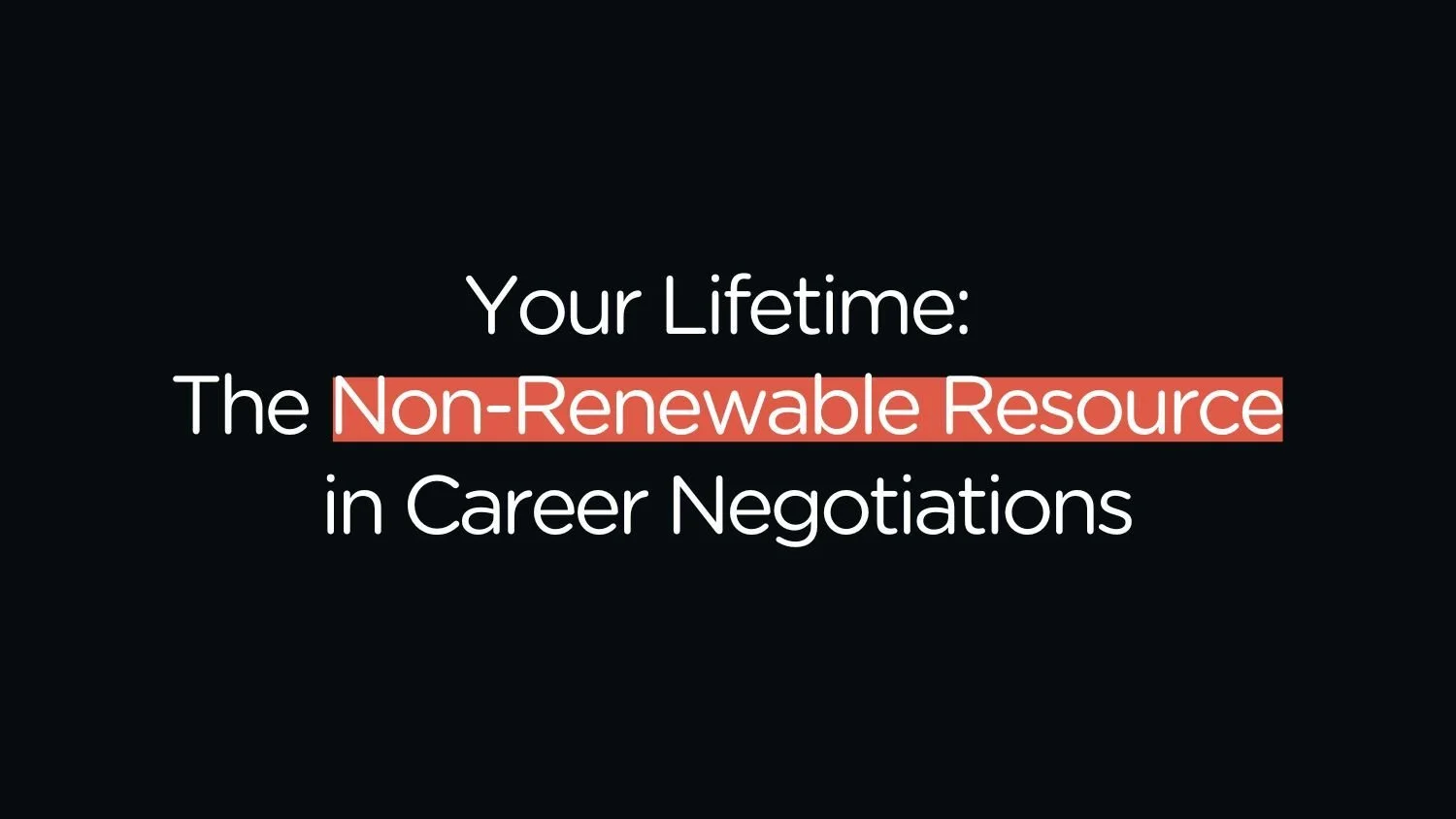Being a good product leader does not mean that you should respond the same way to every situation you encounter. In fact, the sign of a great leader is knowing when to adapt your approach to maximize your team’s long-term development.
Read MoreI recently listened to a podcast episode with Kenneth Berger, and one of his core ideas truly struck a chord with me: uncovering "the dream behind the complaint. Kenneth's insight is a beautiful framing for product leaders. When a direct report comes to you with a complaint, there's often a deeper, unspoken desire behind it.
Read MoreI recently realized that it’s been a year since I last shared an update of my recent appearances on podcasts and other speaking engagements. It seems like it’s about time to change that! Here’s an overview of what I’ve been up to lately.
Read MoreIf you’re already familiar with me and my work, you know that I’m a product leadership coach. And if not, hi, I’m Petra. It’s nice to meet you! Now that we’ve gotten the introductions out of the way, I’d like to dive into a topic that I find super interesting to address as a coach: When is coaching NOT a good idea for you or your team? By the way, thank you to John Cutler for sparking the idea for this post when interviewing me for The Beautiful Mess podcast. You can listen to that episode here.
Read MoreAs product leaders, we shape the standards for our teams. And I think in too many cases, product leaders are not setting high enough standards. Let me explain. I’ve been seeing a trend on social media (LinkedIn, in most cases) where product managers and even product leaders argue that the concepts and frameworks thought leaders (including myself) share and promote are overly ambitious.
Read MoreIn this post, the final in the series, we’ll be reviewing the most important points for you to remember (I’m calling this your “Managing up cheat sheet”) as well as some ways to make sure you tailor your message to your manager’s communication style.
Read Morein the third post in the series, we explored what you can do when you’re experiencing conflict with other people or teams. In this post, we’ll be looking at another specific situation when you might need more support from your boss—when you’d like to develop your PM skills.
Read MoreIn this post, we’ll be looking at a specific situation when you might need more support from your boss—when you’re experiencing conflicts with other people or teams and when the boss competency of role clarity might be the missing piece of the puzzle. Need a refresher on all ten boss competencies?
Read MoreIn the first post in this series, I covered why managing up is an important topic, introduced the ten boss responsibilities and the ships vs. shipyard metaphor, and explained why your boss might be struggling in these areas. Want to read that post? You can find it here. In this post, we’ll be looking at one specific situation when you might need more support from your boss and I’ll share some tips and tricks for you to try out.
Read MoreHello there, lovely product people! I wanted to share a quick note to let you know that this article is a little different from what I usually share here. While my blog typically highlights work I’ve already done (e.g. frameworks I’ve developed, podcasts or talks I’ve given, clients I’ve worked with), this post actually represents a work in progress.
Read MoreI recently posed a simple question on LinkedIn: What are your top tips for new product leaders? I was simply blown away by the response this post received. Clearly, there are plenty of people in my network who want to share their experience and learnings with other new leaders. Rather than keep it contained within my LinkedIn feed, I decided I’d gather their advice here so it’s perhaps a bit easier for people to find and share with others. Here’s what they had to say.
Read MoreIs your organization dabbling in new frameworks or methodologies, but you’re unsure about their potential success? You're not alone. Many "trendy" frameworks often turn out to be underwhelming due to one major pitfall: superficial implementation.
Read More“Things need to change.” “The way we’re serving our customers is ineffective.” “Our approach to product management could use some help to achieve state-of-the-art status.” Any of these statements sound familiar?These are sentiments I often encounter from (product) leaders who have attended a workshop, training, or offsite. Whether it was an SVPG workshop, a Swiss Business School Executive Education course, or a networking conversation, some little spark ignited what’s now become a burning desire for transformation.
Read MoreIf we had infinite resources, we would be able to say yes all the time. But sadly, that’s not the world we live in. Things are scarce: time, competent humans able to get a job done (often called “developers”), money for software licenses, cloud storage... you name it. Product management is so much about working within these limitations that it’s only natural that saying no is such a vital part of our job.
Read MoreWhat’s the secret sauce for a thriving product Community of Practice (CoP)? While there are many ingredients in the recipe—which can include things like clear guidelines and regular rituals—one of the most critical ones is the sponsor. Like the customer who orders a dish (and pays for it) in the restaurant, the sponsor provides the reason for a community to exist and supplies the resources for it to be successful.
Read MoreExciting news in the world of product: Marty Cagan and the SVPG team have just released a new book, TRANSFORMED: Moving to the Product Operating Model. This book is slated to “bridge the gap between where most companies are now and where they need to be” by introducing the concept of the product operating model and sharing detailed case studies of successful transformations and product innovation made possible as the result of product operating model transformation.
Read MoreIn any role, your manager has the ability to make or break your experience. But perhaps this is especially the case for product managers because your job involves so much cross-functional collaboration and influencing without authority, so even more than other roles, you need a leader who will support and empower you.
Whether you’re interviewing for a new product job or your company is hiring a product leader and you’ve been asked to participate in the interview process, you will occasionally find yourself in the position of choosing your new boss.
I recently began working with a new client eager to start a product Community of Practice (CoP). Our initial workshop, a leadership team outcome session, delved into the core question: "Why a CoP? What do we hope to gain and what would be the ideal impact on our company?"
Read MoreAs the year winds down, many of us find ourselves immersed in personal retrospectives (I just published one myself!), reflecting on our current roles, jobs, and the paths we tread. It's a time when questions about career trajectories and the value of our work come to the fore. This moment of introspection often leads to pondering one of the most critical yet overlooked aspects of professional life: the true nature of the trade-off we're making in our jobs.
Read More


















